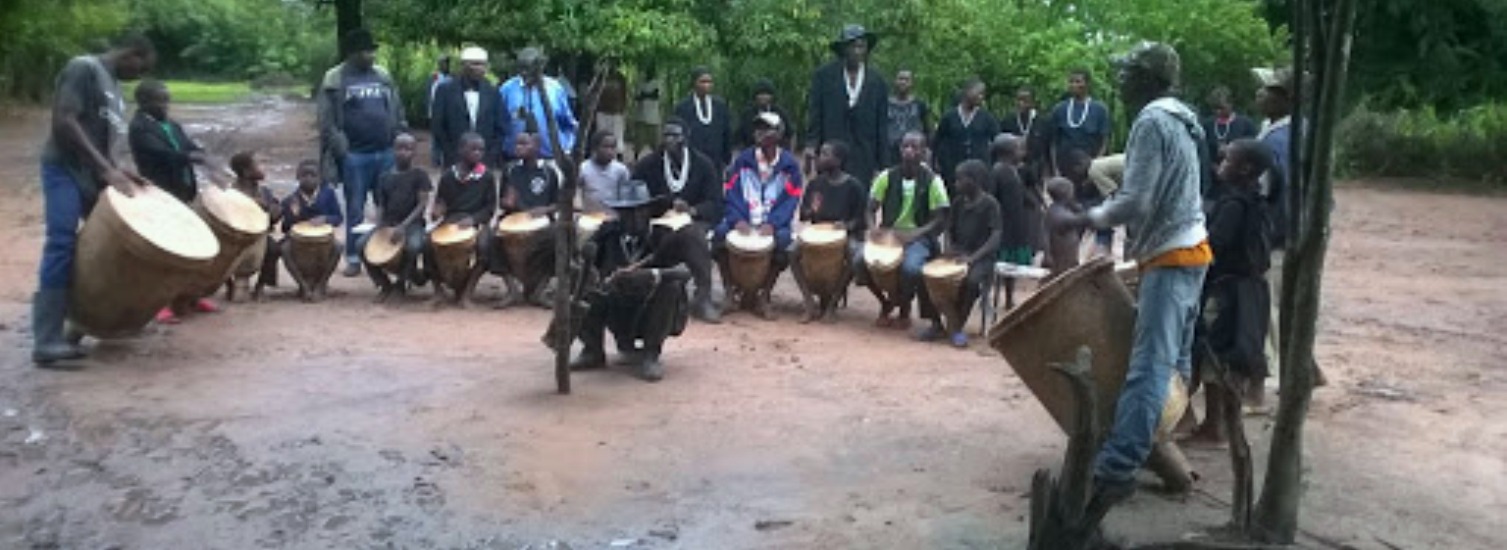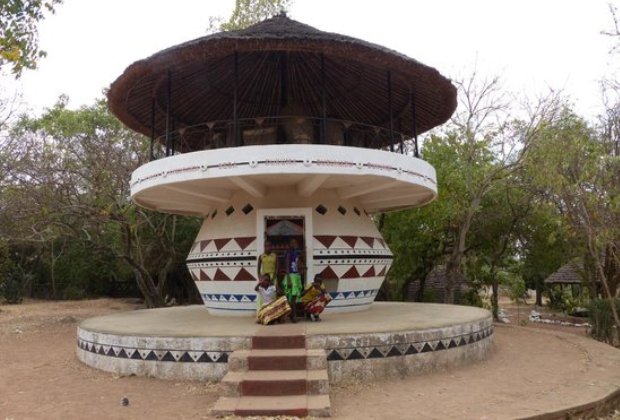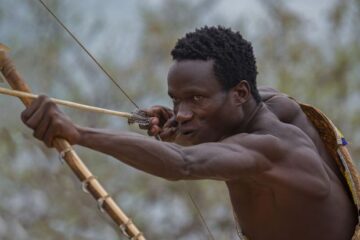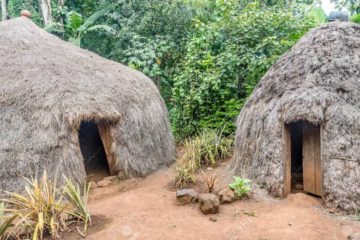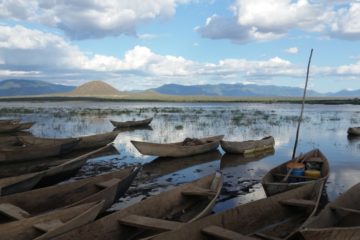Mwanza Historical Cultural Day Tour Sukuma Museum Bujora is a half day tour recommended for guests with interest in African culture and history. The museum provides a glimpse of what were the Sukuma customs and preserve examples through a nice collection of antiques.
Bujora Sukuma Museum is an open air museum in a pleasant countryside located in Kisesa about 18 km’s East of Mwanza off the Musoma/ Serengeti Ndabaka gate road. In the museum are guided tours in English and Swahili which last nearly two hours.
Afterward one can still walk around and take pictures. As the Sukuma people are the largest cultural group in Tanzania, the Sukuma culture is dispersed throughout the country.
The heart of Usukuma is in the Lake Zone of Mwanza, Shinyanga and the Mara regions where the legacy of a rich art tradition is now maintained.
Our half day tour offers a real experience of the Sukuma culture! Bujora Cultural Center is an ideal place for relaxation and learning the Sukuma Cultural life.
The center is under the arch-diosese of Mwanza, committed to promote, celebrate and integrate traditional life and contemporary life of the Sukuma people.
On your visit to Bujora cultural center you will explore the following areas:
Botanic garden: The garden is constituted with more than one hundred species of local plants marked with traditional and botanical names. This is a garden of medicinal plants planted with assistance of Anamed Tanzania in connection with the African clinic. Come and learn how powerful and efficient Botanical Medicines are!
Sukuma royal pavilion: Get a chance to visit the Sukuma royal pavilion to get an insight into Sukuma royal history. The pavilion is symbol of the Sukuma chiefs’ reign and chiefdom. It is built in the shape of the royal throne which is a typical.
Medicine man’s pavilion: Visit the medicine man who is a traditional healer in the Sukuma land. Learn how you can cure different problems traditionally. This pavilion displays the traditional healers’ dwellings and compound. Different photos of renowned Sukuma healers are on display to-date.
African Clinics: You can extend your visit to African clinic which offers traditional medicine as alternative treatment and conducts research on traditional medicines in Sukuma land – Tanzania and beyond.
Vocational Training Center: You will also have a chance to visit our vocational training center which conducts training courses to the youth. Among the courses offered are carving, pottery, blacksmith, carpentry, masonry, tailoring and welding.
A curio shop is in place and offers visitors a wide range of traditional gifts to take back home. Casual and liturgical vestments sown with African touch are available at reasonable price. Buying one of these locally made authentic hand-made products supports local families’ livelihoods directly.
Sukuma traditional homestead: Explore the Sukuma traditional Homestead to experience the local lifestyle. The Sukuma traditional Homestead exhibits typical Sukuma traditional dwellings, compound and objects of daily life such as cooking utensils, religious articles, shepherds’ and agricultural implements.
Recreational and accommodation facilities: The center has two canteens for drinks, traditional foods and a camping site. While at Bujora you may request the thrilling Sukuma traditional dances performed by the Sukuma dance troupe.
In mid June the center organizes a two week dancing competitions where traditional artists from all over Sukuma land are converted for Bulabo festival during the Corpus Christ.
Bujora church with unique architectural design: Explore the Bujora church which reflects Sukuma traditional architecture. The church was built in 1958, in a shape of a Sukuma royal house.
Its interior contains cultural symbols and articles, where liturgical services are integrated with Sukuma way of life and Christian Rites.
Traditional architecture. Get enchanted with families’ history, royal thrones stories and exhibitions of artifacts, drums, and chiefdoms. Traditional Dance Pavilion It exhibits several Sukuma dances, artifacts and history.

